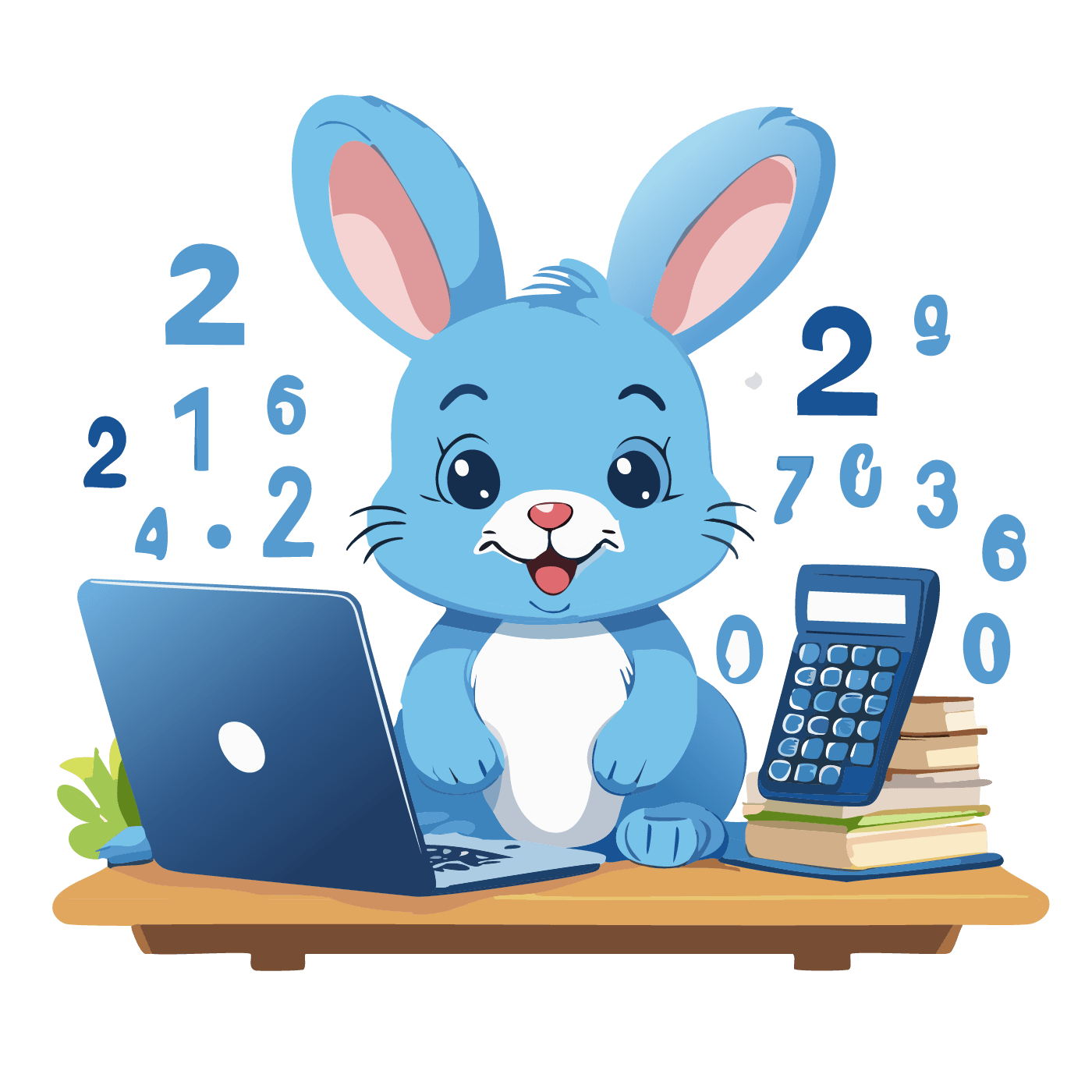Dyscalculia
Dyscalculia is a specific learning disability that primarily impacts mathematical reasoning and number sense. People with dyscalculia may struggle with tasks such as understanding quantities, memorizing math facts, recognizing patterns, or performing basic calculations. It is neurologically based and not related to overall intelligence, which means someone with dyscalculia can be very capable in other areas.

October is Dyscalculia Awareness Month
October is Learning Disabilities Awareness Month, which includes awareness of dyscalculia. Dyscalculia Awareness Day is observed on October 7th each year.
What is Dyscalculia?
Dyscalculia is a learning disorder that affects a person’s ability to understand and work with numbers. It is sometimes referred to as “number dyslexia” because, like dyslexia for reading, dyscalculia makes it difficult to process mathematical information.
Educational Tips

Communication
- Talk or write out a problem.
- Drawing the problem.
- Break tasks down into subsets.
- Use “real-life” cues and physical objects.
- Review often.
Tasks and Assignments
- Visual aids: Provide tools, such as graph paper, manipulatives, or digital graphing tools, that help students visualize math concepts.
- Break down problems: Use graphic organizers or structured worksheets to help students break down problems into steps.
- Reduce working memory load: Provide reference charts, reading directions, and rubrics to limit the amount of information students need to transfer to paper.
- Allow calculators: Students can use calculators when computation is not the lesson’s focus.
- Use color: Use color to help students distinguish between numbers or categories.
- Use color: Use color to help students distinguish between numbers or categories.
- Use visual timers: Use visual timers and provide reminders of time limits.
- Provide worked examples: Access annotated worked examples for common math problems.
- Use video presentations: Provide access to video presentations explaining steps in common math problems for upper primary and high school students.
- Review opportunities: Incorporate review opportunities into class time through micro-lessons or review homework.
Classroom Management for Students with Dyscalculia
Supporting students with dyscalculia in the classroom requires tailored strategies to address their specific needs. Here are some classroom management tips to help them...
Dianne Craft “Right Brain” Learning System
The Dianne Craft “Right Brain” Learning System originated as Child Diagnostics, a private consulting firm founded by Dianne Craft in 1997 in Denver, Colorado. Families...
Dyscalculia Behavioral Management
Managing dyscalculia, a learning difficulty involving challenges with numbers and math-related tasks often requires behavioral strategies to help build confidence and...
Dyscalculia Individuals and Education
Dyscalculia is a specific learning disability that affects a person's ability to understand and work with numbers. Dyscalculia individuals may struggle to understand...
Homeschooling a Child with Dyscalculia
Homeschooling a child with dyscalculia can be a rewarding and effective way to address their specific learning needs. Dyscalculia is a learning disability that affects a...
Successfully Homeschooling with Children with Special Needs
Homeschooling children with learning disabilities, such as ADHD, Sensory Processing Disorder (SPD), autism, or other learning differences, requires a tailored approach that...
Ten Tips for Managing Dyscalculia in Homeschool
Here are some tips for managing dyscalculia in a homeschool setting: Use Visual Aids and Manipulatives Tangible tools like counters, number lines, blocks, and fraction bars...
Treatment and Management of Dyscalculia
Dyscalculia is a learning difficulty that affects a person's ability to understand and work with numbers. Treatment and management strategies for dyscalculia often focus on...
Understood for All, Inc
Our mission at Understood, a 501(c)(3) charitable organization, is to help people who learn and think differently thrive. The articles on our website are created for...
What is a 504 Plan?
A 504 Plan is a formal plan developed in the U.S. to provide accommodations and modifications for students with disabilities in public schools and ensure equal access to...
What is an IEP?
An Individualized Education Program (IEP) is a written plan developed for public school students eligible for special education services in the U.S. under the Individuals...
What is Assistive Technology?
Assistive technology (AT) refers to devices, software, or equipment designed to help individuals with disabilities perform tasks that might otherwise be difficult or...

